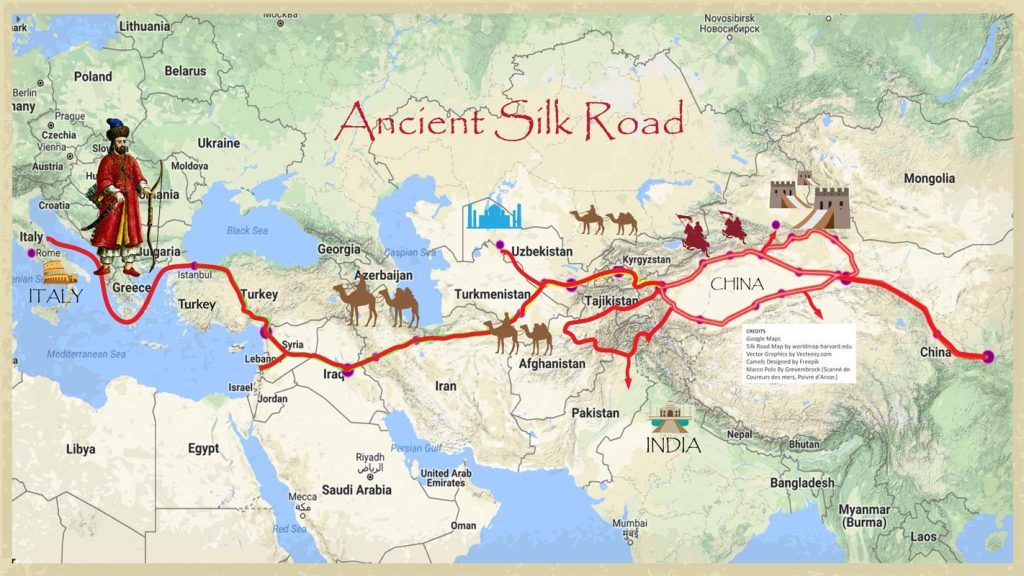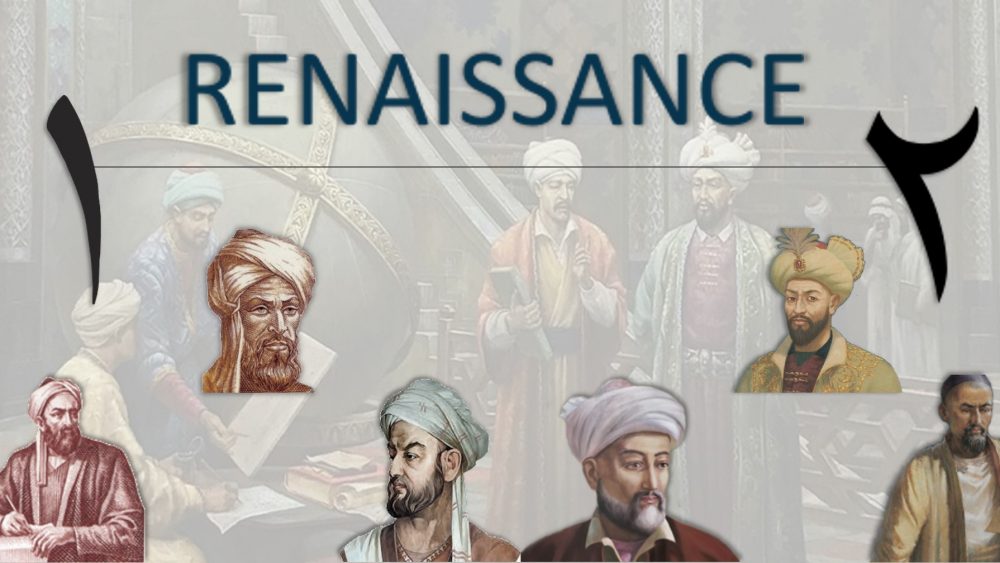by Dilaver Khamzaev, guest researcher at Lund University
The first thing that caught my attention during my time in Lund as a guest researcher was the harmonious coexistence of the historical heritage and the achievements of modern science. Lund gives you the opportunity to comfortably immerse yourself in the atmosphere of medieval Europe, having access to all the amenities of a modern metropolis. The appearance of the city is an example of heredity. Heirs, carefully preserving the heritage of their ancestors, enrich and improve the way of life of society based on existing achievements. This is expressed in a combination of historical appearance and modern filling.
Here, every corner, stone and building have its deep history. At the same time, they retain full functionality to ensure a comfortable life for residents of one of the most economically prosperous countries in the world. Observing this, I had one logical question: – Why are economically developed countries so ahead of countries of other categories (newly emerging economies (emerging) and low-income countries (developing)), having, in some cases, a smaller historical heritage and knowledge base?
Being at Lund University, in the process of finding the answer to the question posed, the researcher feels the difference of working with a rich archive of scientific literature. The existing library makes it possible to find and study the works of authors from different eras and regions. The library serves as a “time capsule” of the results of the intellectual activity of society. Here, I did not have the problem of finding the necessary literature. On the contrary, I was busy systematizing and structuring a large amount of information.
As a result, it turned out that there are many studies aimed at studying the influence of corruption, political system, geographical location and other factors on the development of the concept of a free market to ensure the economic well-being of the country. However, historical events are the main reason for the differences in the economic well-being of countries (Reinert, 2007). One such event is the Renaissance in Eastern Europe, which began because of a “radical change in the European worldview regarding empiricism, science, and technology” (Sachs, 2020). This scientific shift contributed to the beginning of the era of industrialization and the subsequent colonization of the rest of the globe, which did not have a sufficient level of development, both economically and technologically, to maintain its sovereignty.
The relationship between the innovative potential of the “pool of knowledge workers” and the efficiency of the national economy (Jackson, 2003) prompted developed countries to pay great attention to “the PhD’s contribution to national economic performance.” (Lovitts, 2005). Indeed, the history of industrialization shows that business actors need quality and innovative solutions to a problem to become competitive in a market economy. In this regard, modern society has begun to consider science as a “source of wealth” and a “source of solutions to survival problems” (Glaser et al., 2022).
In my understanding, it was the presence of an inherited special approach to the organization of research activities, the formation of a scientifically based approach to the implementation of research, as well as the necessary material contribution to the development of scientific activity and the protection of the results of intellectual activity that allowed developed countries to get ahead of countries that are now called countries with economies in transition or developing countries. states.
In this regard, within the framework of the project “CENTRASIA: Central Asian law and legal culture”, I decided to conduct a study aimed at studying the differences in approaches to the organization of research activities between specific educational institutions in Uzbekistan and Sweden.
The relevance of the implementation of this study within the framework of the Central Asian Law project is due to the need to:
- to understand the capacity of the national researchers to feed the national and international business actors with reliable and quality intelligence information;
- to indicate what aspects of the knowledge/intelligence creation process need to be transferred to the Uzbek scientific community to first fulfil the point.
The study was organized based on a model of “critical transition” to independent research activities within two phases:
- dependent phase – the learning process of the student where he/she will get familiar with what others know; and
- the knowledge-creating phase – when a student develops independence to conduct academic activities (Lovitts, 2005).
The study of existing differences in research activities was based on ethnographic observation in Sweden from March 2022 to July 2022, as well as the analysis of secondary data, including publications of representatives of the academic circles of Uzbekistan, as well as legal acts regulating scientific activities in Uzbekistan. The main methods of data collection during the field research were observation, in-depth interviews and informal interviews. The observation includes my direct experience in defending a dissertation in Uzbekistan. In addition, informal interactions with PhD students and candidates contributed to the understanding of the research process at the Swedish University. Personal participation in the process of defending the thesis of PhD candidates during the internship made it possible to build a complete picture of the learning process in the doctoral program of the Swedish University from admission to the final defense of research work.
The analysis of the collected empirical data within the framework of this study shows the importance of having a preparatory stage and organizing this process on a systematic basis to ensure the academic independence of the researcher in the second phase. In particular, the following factors were identified as reasons affecting the quality of the organization of research activities in the studied object of study:
- lack of proper preparation in the first phase;
- insufficient financial support for research activities;
- the presence of bureaucratic requirements for the publication of a large number of articles.
The relevance of the project “Central Asian law: legal culture and business environment” lies in the fact that this project will allow us to study the practice of organizing the preparatory process of the leading educational institutions in Europe and implement it in the activities of the project participants. The joint creation of various programs and training courses in the first phase of the transition to independent research activities will significantly improve the quality of the results of the research activities of the project participants.

REFERENCES
Glaser, J., Ash, M., Buenstorf, G., Hopf, D., Hubenschmid, L., Janßen, M., Laudel, G., Schimank, U., Stoll, M., Wilholt, T., Zechlin, L., & Lieb, K. (2022). The Independence of Research—A Review of Disciplinary Perspectives and Outline of Interdisciplinary Prospects. Minerva, 60. https://doi.org/10.1007/s11024-021-09451-8
Jackson, S. A. (2003). The Quiet Crisis: Falling Short in Producing American Scientific and Technical Talent. Best.
Lovitts, B. (2005). Being a good course-taker is not enough: A theoretical perspective on the transition to independent research. Studies in Higher Education – STUD HIGH EDUC, 30, 137–154. https://doi.org/10.1080/03075070500043093
Reinert, E. S. (2007). How rich countries got rich and why poor countries stay poor. Constable.
Sachs, J. D. (2020). The Ages of Globalization: Geography, Technology, and Institutions. Columbia University Press. https://www.jstor.org/stable/10.7312/sach19374

